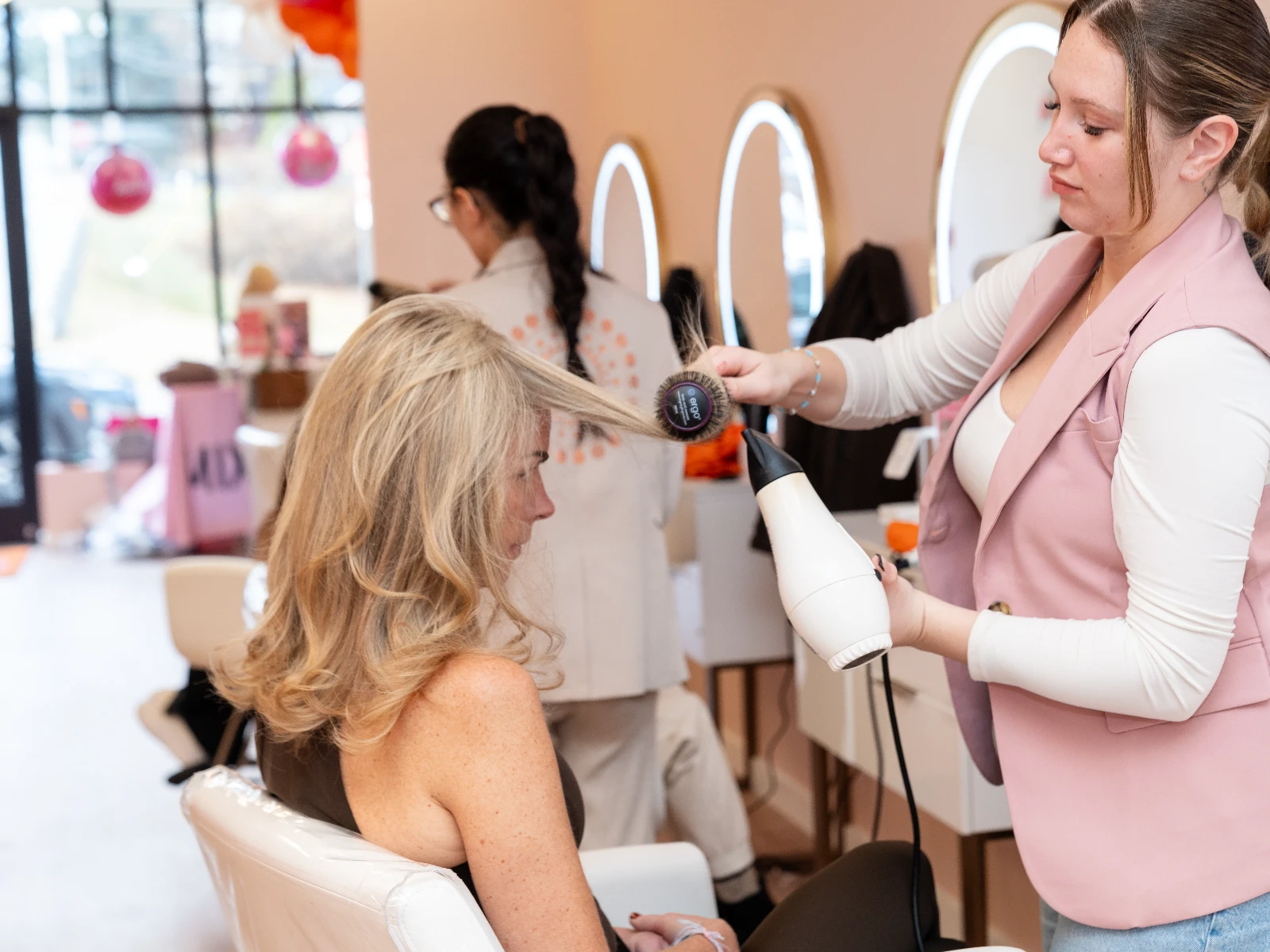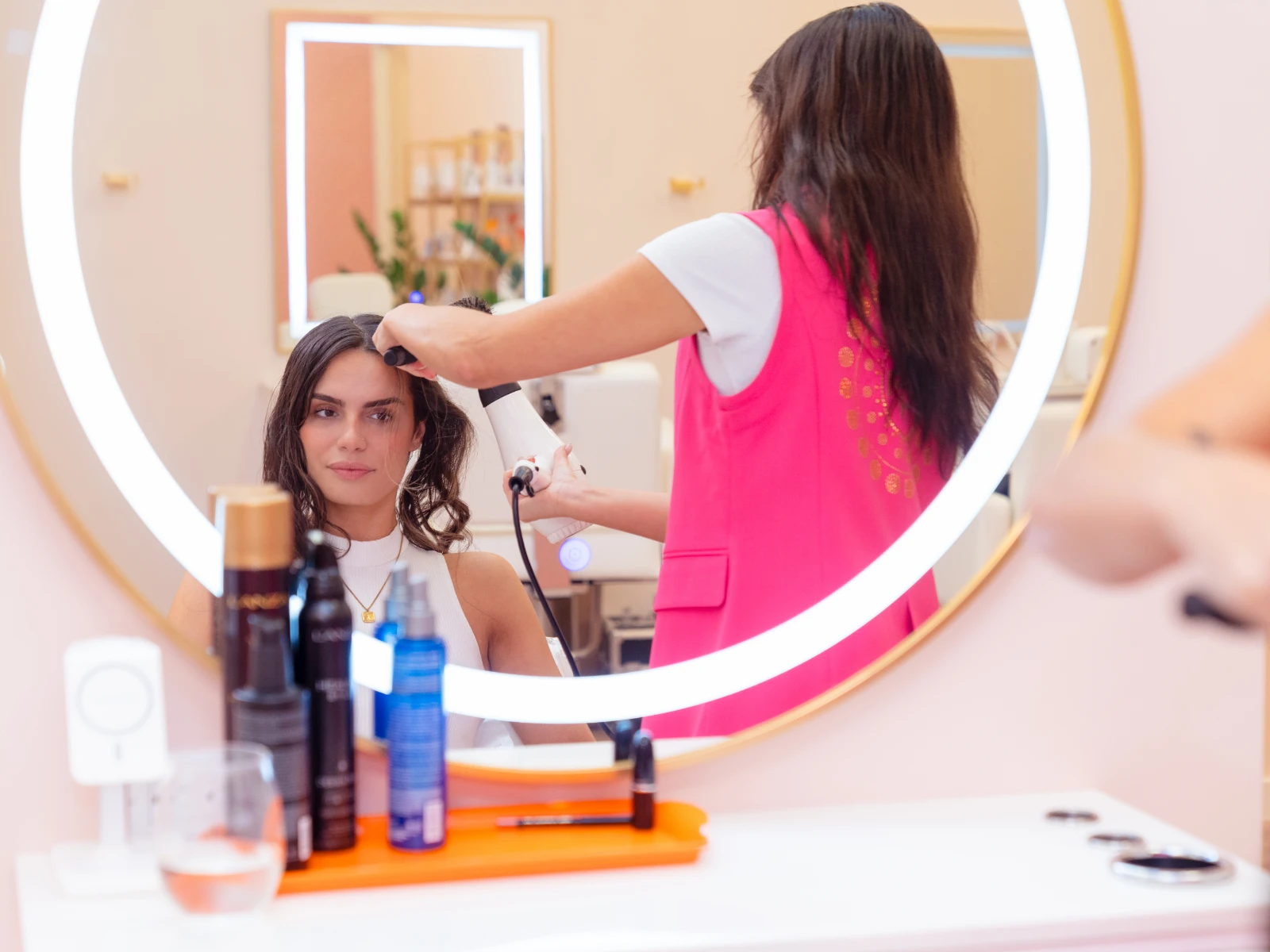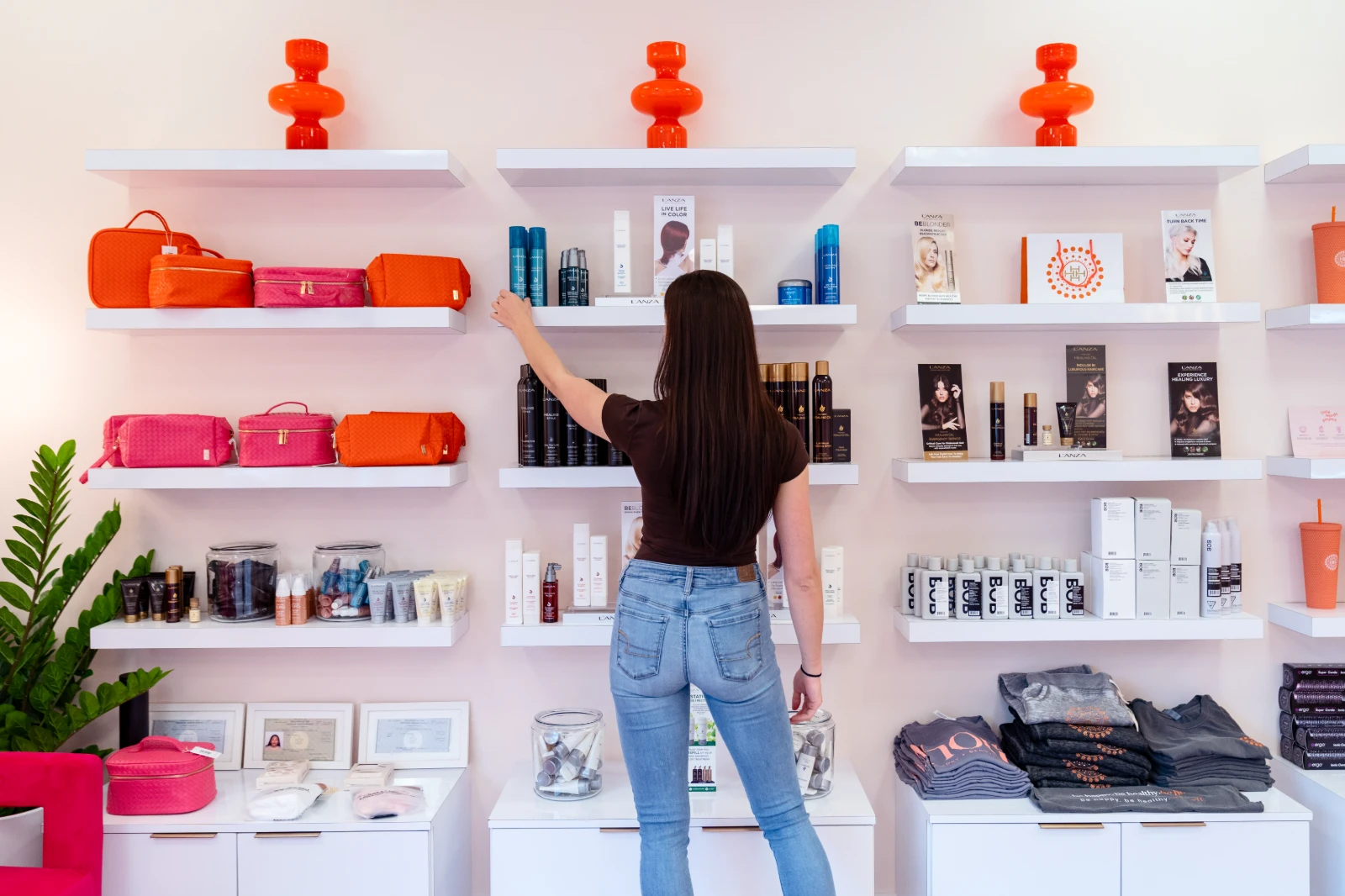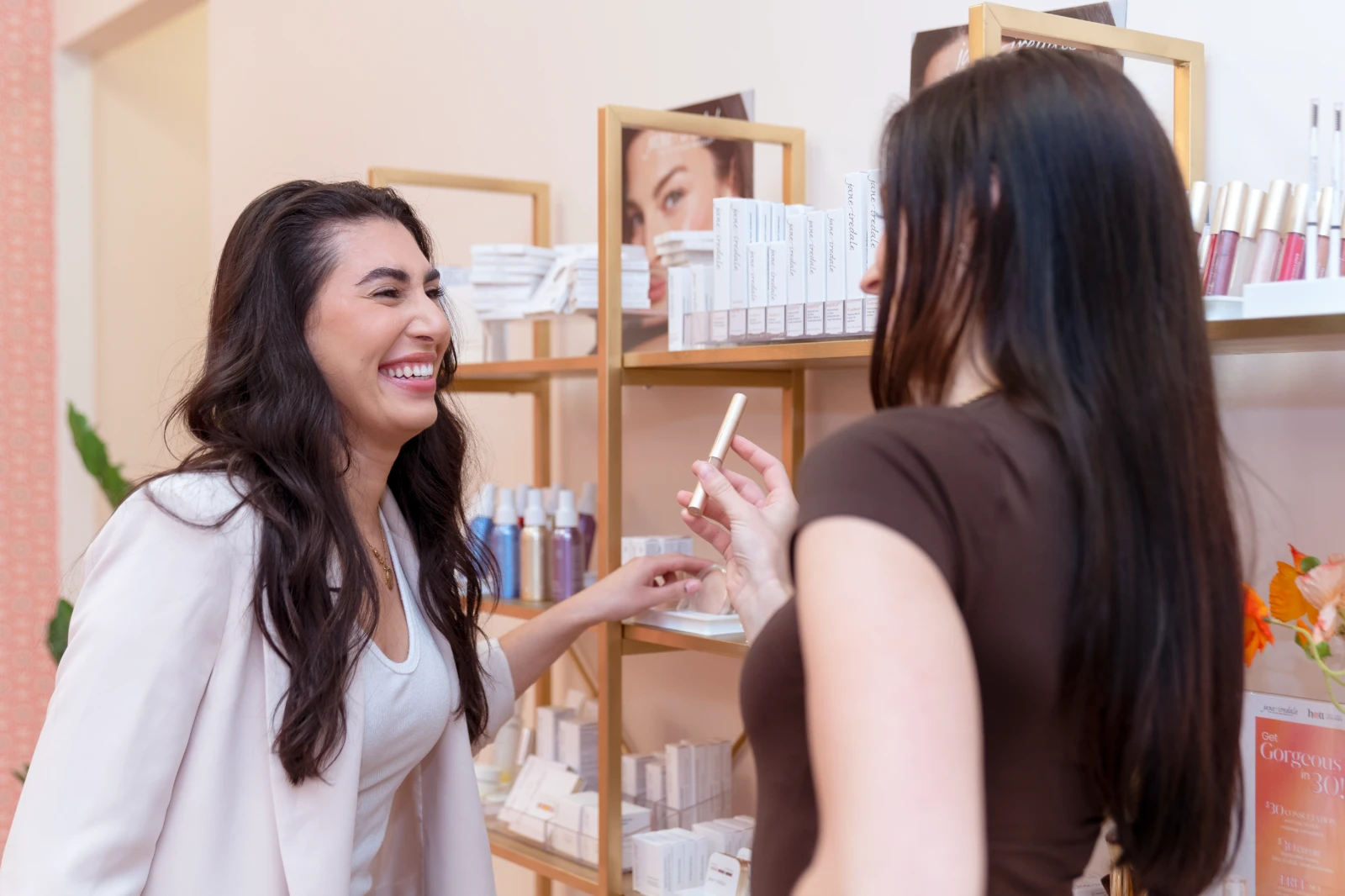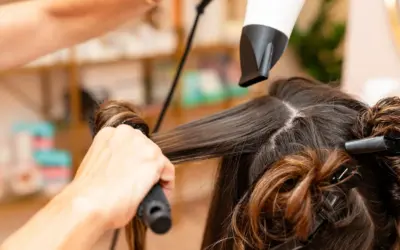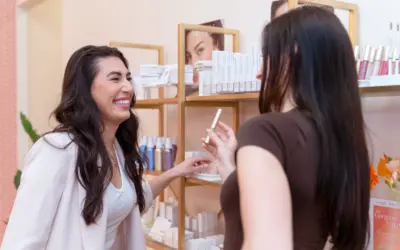Key Points
-
⚖️ Entrepreneurs must weigh the trade-offs between franchising (lower risk, high initial fees/royalties) and going independent (full control, higher risk).
-
💡 Success hinges on a strong Unique Selling Proposition (USP), such as specializing in mature skin, offering mobile services, or committing to eco-friendly, cruelty-free products.
-
💻 The business offers multiple models, including low-cost Freelancing, high-overhead Studio-Based, and global reach through Online E-Commerce/Consultations.
-
🎨 A key step in launching involves market research to identify the Target Audience, analyze competitors (including makeup franchises), and stay current on industry trends.
Summary Sentence
Entering the rapidly expanding makeup industry requires choosing a business model—from low-cost freelance to high-investment franchise—that leverages a strong, specialized USP within the sector’s 6.1% CAGR growth trajectory.
The makeup industry in the United States has experienced significant growth and transformation, driven by increasing consumer demand, evolving trends, and the rise of e-commerce. Below are key statistics and insights related to the industry’s growth since 2023.
- The U.S. cosmetics market was estimated at $62.97 billion in 2023 and is projected to grow at a compound annual growth rate (CAGR) of 6.1% from 2024 to 2030, reaching $95.05 billion by 2030.
- The revenue of the U.S. makeup artist industry reached $678.4 million by 2024 and is projected to grow further over the next five years.
- The broader beauty industry in the U.S., including skincare, hair care, and makeup, generated $100 billion in revenue in 2024, showcasing its dominance globally.
A Comprehensive Guide to Makeup Business Models, Niches, and Key Strategies
Starting a makeup business can be exciting and profitable, but success depends on choosing the right business model, identifying a profitable niche, and establishing a strong, unique selling proposition (USP).
Below are the primary business models:
1. Freelance Makeup Artist: How to Launch Your Makeup Business
Freelancing is one of the most common ways to start a makeup business or cosmetics venture due to its low startup costs and flexibility. Freelance makeup artists work independently without being tied to a salon or studio. Offer business professional makeup services for corporate clients, including brides, photographers, and theater productions.
- Advantages: Flexibility in scheduling, ability to choose clients, and diverse work opportunities.
- Challenges: Requires self-marketing, managing finances, and building a client base.
- How to Start: Build a strong portfolio, invest in high-quality tools, and network through local events and online platforms.
2. Studio-Based Makeup Business
This model involves operating from a physical location where clients visit for services.
- Advantages: A professional setup enhances credibility and attracts walk-in clients. A business makeup look can be made for working professionals.
- Challenges: High startup costs and ongoing expenses like rent and utilities.
- How to Start: Find a prime location, design an inviting space, and offer specialized services like bridal or business professional makeup looks.
3. Online Makeup Business: Virtual Consultations & E‑Commerce
An online business focuses on virtual consultations, tutorials, or selling makeup products.
- Advantages: Low overhead costs and the ability to reach a global audience.
- Challenges: Requires strong digital marketing skills and consistent content creation.
- How to Start: Create an engaging website showcasing services or products and leverage social media for promotion. Create YouTube tutorials on business casual makeup looks and virtual makeup consultations to expand your online makeup business.
4. Product Line
Launching a personal makeup line involves creating and selling branded cosmetics.
- Advantages: High profit margins and brand-building opportunities.
- Challenges: Requires significant capital for production, marketing, and distribution.
- How to Start: Partner with manufacturers, identify a niche (e.g., cruelty-free products), and develop a unique selling proposition (USP).
5. Makeup Franchises
Buying into makeup franchises provides a proven business model.
- Advantages: Lower risk due to established processes and support from the parent company. Alignment with your niche (e.g., bridal makeup franchises).
- Challenges: High initial investment and limited operational flexibility.
- How to Start: Research reputable franchises that align with your goals and secure funding.
Unique Selling Proposition for Makeup Businesses: Finding Your USP
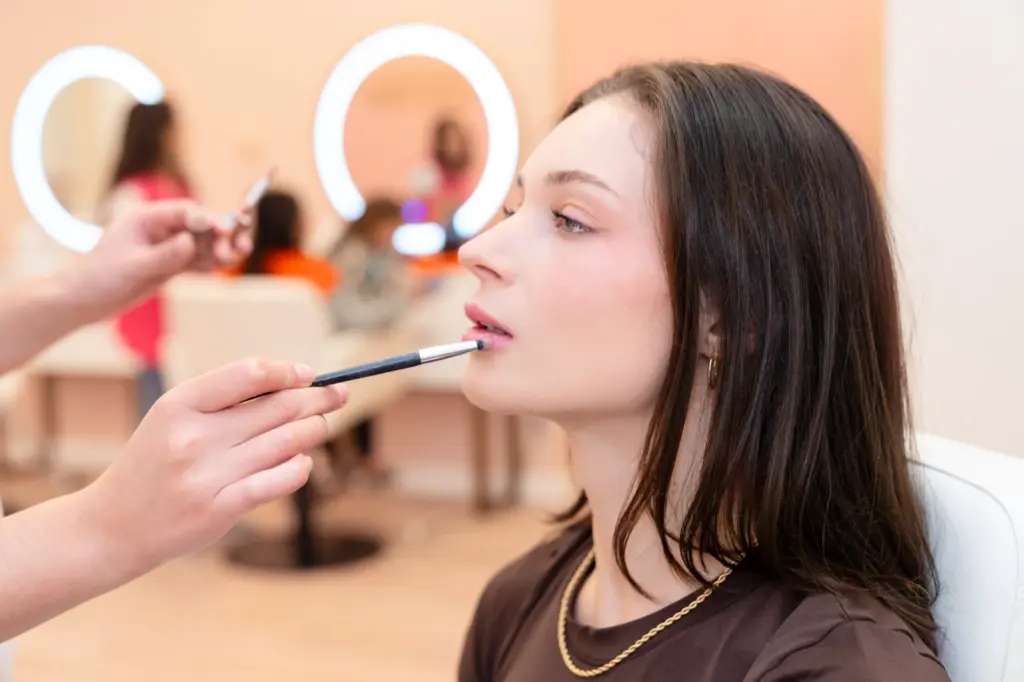
A unique selling point (USP) distinguishes your makeup business from competitors. Examples include:
- Eco-friendly, cruelty-free products
- Specialization in mature skin or acne-prone clients
- Mobile makeup services for busy professionals or wedding services
- Fast application techniques for corporate clients needing a business makeup look in minutes
How to Identify Your USP:
- Analyze competitors—what are they missing?
- Survey clients—what do they value most?
- Leverage your expertise (e.g., bridal makeup focusing on waterproof, long-wear formulas).
The Importance of Professional Appearance for Makeup Artists
Clients judge your skills based on your business makeup look.
Key Tips:
- Wear business professional makeup (flawless base, neutral tones)
- Dress in business casual or professional attire
- Maintain hygiene (clean brushes, sanitized products)
- Showcase your signature style (e.g., if you specialize in business casual makeup, demonstrate it on yourself).
How to Start a Makeup Business in 2025: Step‑by‑Step
Starting a makeup business can be highly rewarding, but choosing between a franchise and an independent business is a crucial first step.
- Market Research
Identify Target Audience, Competitors, and Beauty Industry Trends:
- Target Audience: Determine who your ideal customers are, such as makeup artists, young professionals seeking a business casual makeup look, or those interested in business professional makeup.
- Competitors: Analyze existing makeup businesses, including makeup franchises, to understand their strengths and weaknesses.
- Trends: Stay updated on the latest trends in the cosmetics industry, such as sustainable products or a specific business makeup look that is currently popular.
- Financial Planning
Startup Costs, Pricing, and Revenue Projections:
- Startup Costs: Estimate initial investments for products, marketing, and operational costs.
- Pricing Strategy: Set competitive prices that ensure profitability while appealing to your target audience.
- Revenue Projections: Create realistic financial projections based on market demand and competition.
- Legal Considerations
Business Structure, Licenses, and Permits:
- Business Structure: Decide whether to operate as a sole proprietorship, partnership, or corporation.
- Licenses and Permits: Obtain necessary licenses and permits, such as those required for selling cosmetics in your region.
- Franchising vs. Independent
Choosing between franchising and independent ownership is pivotal when deciding how to start a makeup business. Here are the pros and cons of franchising and going independent in the makeup business.
Pros of Franchising:
- Established Brand: Benefit from a recognized brand name and existing customer base.
- Support System: Receive operational support and training from the franchisor.
- Less Risk: Lower risk compared to starting from scratch.
Cons of Franchising:
- Initial Fees: High upfront costs for franchise purchase.
- Less Control: Must adhere to the franchisor’s rules and guidelines.
- Ongoing Fees: Regular royalty payments to the franchisor.
Pros of Going Independent:
- Full Control: Complete autonomy over business decisions and operations.
- Lower Costs: No franchise fees or royalties.
- Innovation: Freedom to innovate and adapt quickly to market changes.
Cons of Going Independent:
- Higher Risk: Greater risk of failure without established brand support.
- More Work: Responsibility for all aspects of the business, including marketing and operations.
- Branding and Marketing Strategy
Online Marketing:
- Website: Create a professional website showcasing your products and services.
- Social Media: Leverage platforms like Instagram and Facebook for brand visibility.
- SEO and Paid Advertising: Use search engine optimization and targeted ads to reach your audience effectively
More: Why a Beauty Franchise is Your Next Smart Move: A Franchise Owner’s Perspective
Franchise with Hott Blowdry!
Hott Blowdry & Beauty Lounge is a salon franchise that goes beyond traditional blow-dry bars by offering various beauty services, including makeup, lash, brow treatments, and retail product sales. The franchise is designed for entrepreneurs who want to create a stylish, accessible, and profitable beauty business.
Whether experienced in makeup artistry or new to the field, the franchise provides extensive training on its business model and services. This ensures you can deliver high-quality business professional makeup looks while managing operations effectively.
By investing in this franchise, you can establish yourself as a leader in your local beauty market while catering to clients seeking everything from casual to bridal to professional business makeup looks.
This opportunity is ideal for anyone looking to enter the thriving beauty industry with the backing of an established brand that prioritizes quality service and customer satisfaction.

